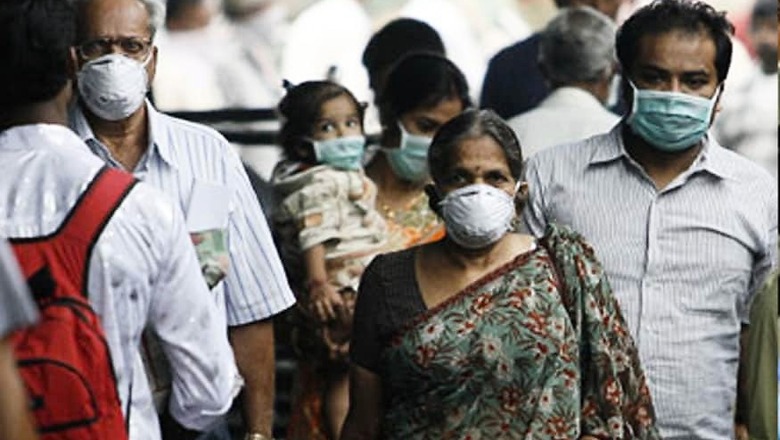
views
New Delhi: As the rapidly increasing swine flu cases plague hospitals in the capital, the critical patients are in dire need of ECMO, a highly expensive and not common treatment method that becomes the only lifeline.
Extracorporeal membrane oxygenation (ECMO), was made famous in December last year, when it was used as a life support for the deceased Tamil Nadu Chief Minister J Jayalalitha.
“Now, it has become the last hope for patients coming to tertiary care centres in Delhi-NCR. However, ECMO being a costly treatment method, not all hospitals here can afford it,” said Dr. Atul Kakkar, vice chairman of the Department of Medicine at Sir Ganga Ram Hospital in New Delhi.
Delhi’s official swine flu toll stands at five, while hospitals have reported more. The Ganga Ram Hospital, between July 1 and August 16 has reported three swine flu deaths.
In the past two months, about 90 people tested positive for swine flu at the Ganga Ram Hospital, and has opened a special ward for swine flu cases. As a tertiary care centre, the hospital gets a lot of referred patients with the disease already in an advanced stage.
ECMO, used on patients in intensive care units (ICUs), is used to filter blood through a membrane. It is initiated in the case of “heart and lung failure that is potentially reversible,” explained Dr. Kakkar.
The technology that has been introduced at Ganga Ram only a year before, can cost patients in lakhs, said Kakkar. Though he shied away from putting a more exact figure to it, he agreed that it could cost patients Rs 15 lakhs or more depending on their physical condition.
“A patient can only be put on ECMO for about seven to fifteen days,” Kakkar said, adding that each patient had to be evaluated going by their primary condition and vital signs.
While Ganga Ram has not analysed its patient data to see how many survived due to ECMO, Kakkar said survival chances of those with co-morbid conditions of diabetes or hypertension would be much lower.
The ideal swine flu case that can be helped with ECMO, he said, would be one without a history of diabetes or hypertension, someone whose immunity system would kick back in.



















Comments
0 comment